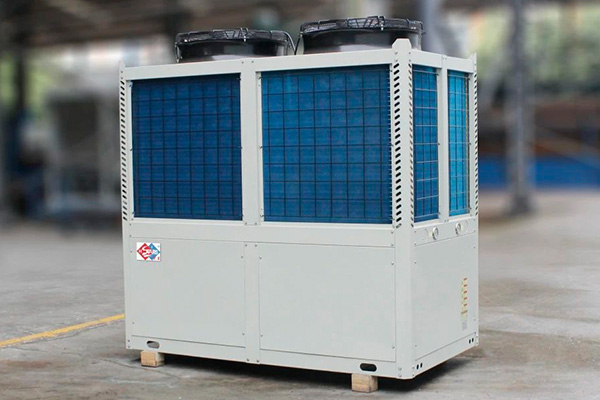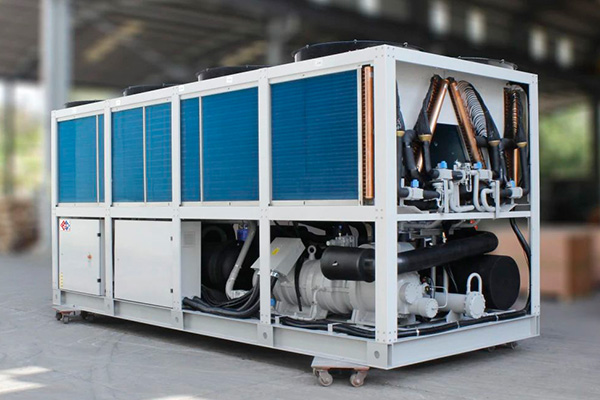Air source heat pump units are revolutionizing how hot water is supplied in hot springs, swimming pools, hotels, and resorts. With their high efficiency and eco-friendly operation, these units are becoming the go-to choice for businesses that need reliable and cost-effective heating solutions. This blog will explore the key features, benefits, and applications of air-source heat pump units specifically designed for hot springs.

Key Features of Hot Spring-Specific Air Source Heat Pump Units
1. High Efficiency and Energy Savings:
Air source heat pump units harness thermal energy from the air and convert it into high-temperature heat through compressors and heat exchangers. Compared to traditional electric or gas water heaters, these units offer a much higher coefficient of performance (COP), significantly reducing energy costs.
2. Environmentally Friendly and Safe:
Unlike conventional heating systems, air-source heat pumps do not burn fuel, which means no harmful emissions are released into the environment. Moreover, their operation is flame-free, minimizing the risk of fire hazards and ensuring safer use in various settings.
3. Stable and Reliable Performance:
Equipped with advanced control systems and smart technology, air source heat pump units can operate automatically and be controlled remotely, ensuring consistent and reliable performance with minimal user intervention.
Advantages of Using Air Source Heat Pump Units for Hot Springs
1. Wide Applicability:
These units are versatile and can be used in various settings, from small boutique hotels to large-scale hot spring resorts, catering to a broad range of customer needs.
2. High-Quality Hot Water:
With state-of-the-art heat exchange technology, these pumps can quickly raise water temperatures to desired levels and maintain consistent temperature, providing a premium hot water experience.
3. Low Maintenance Costs:
Air source heat pumps are designed with simplicity in mind, making them easy to maintain. Their lower operational and maintenance costs make them economical for long-term use.

Applications of Air Source Heat Pump Units
1. Hot Spring Resorts:
One of the primary applications of these units is in hot spring resorts. By installing air-source heat pump units, resorts can offer high-quality hot water services that meet customer expectations while cutting down on energy expenses.
2. Swimming Pools:
Swimming facilities require a large and consistent supply of hot water. Air source heat pump units provide a reliable and efficient solution for maintaining comfortable water temperatures, enhancing the overall experience for swimmers.
3. Hotels:
In the hospitality industry, the quality and reliability of hot water supply are critical. Air source heat pump units are an excellent choice for hotels due to their efficiency, stability, and environmentally friendly operation.
4. Industries:
In manufacturing plants, these units can provide consistent and cost-effective heating solutions, ensuring optimal working conditions and reducing operational costs. Factories that require a stable supply of hot water for processes such as cleaning, sanitizing, or production can greatly benefit from the reliability and efficiency of heat pumps.
The Future of Air Source Heat Pump Units for Hot Springs
As environmental concerns grow and energy costs rise, the demand for efficient and sustainable heating solutions is increasing. The future of hot spring-specific air source heat pump units looks promising, with advancements in technology making them even more efficient, environmentally friendly, and smart. These units will continue to be an essential component in providing high-quality hot water services in resorts, swimming pools, and hotels, driving the industry towards more sustainable practices.
评论
发表评论